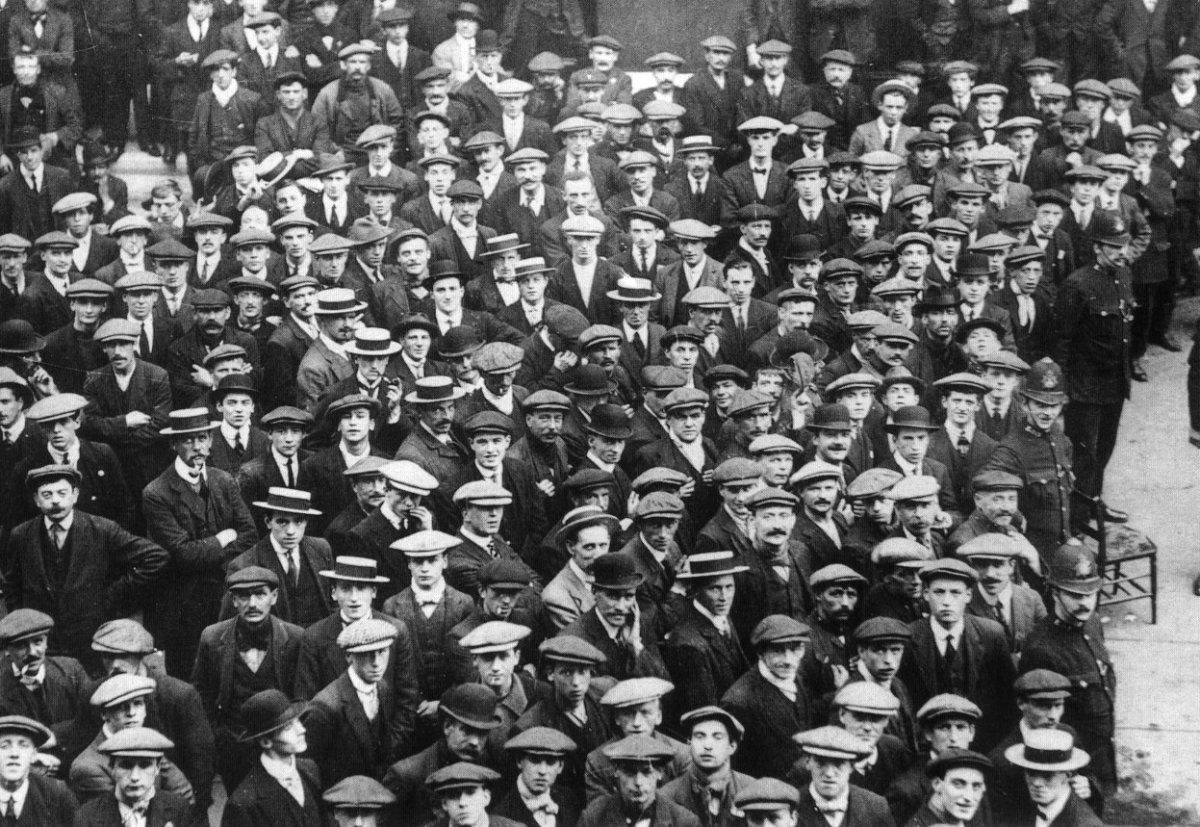Money And Happiness - A Primer
Introduction
Can money buy happiness? What is the relationship between money and happiness?
The short answer is: at least for a little while.
Money contributes to happiness up to a point, though having no money can make you miserable.
It’s Hard to Be Happy if Hungry
- If you don’t have money, it is hard to be happy. That is a basic fact.
- If you don’t have food, money to buy food will make you happy.
- If you are in pain, money to pay for a doctor or dentist makes you happy.
- If you are homeless or cramming a family of four in Mom’s guest bedroom, money to get your own place makes you very happy.
- If you are cold, money to buy a coat makes you happy.
In short, if your basic needs aren't met, money makes you happier because you aren't suffering deprivation.

What If You Have Basic Needs Met?
For someone living on the equivalent of a dollar a day, happiness rises with income because they can now buy more food and a variety of it. As income rises to several dollars a day, they can buy or build a home with a roof that doesn’t leak, walls that aren’t re-purposed trash, a water connection so you don’t have to spend hours a day hauling water. More money equals a better quality of life.
With money above the extreme poverty line of a dollar a day in 1990s money or $1.25 in 2012, the money they receive above this point buys a better life. Parents can pay for school fees and hope for a better life for their children. Families spend on medical care to treat illnesses instead of suffering at home until death threatens. People buy bikes to get to market faster and cell phones to communicate with relatives abroad.
The Easterlin Paradox - When Money Stops Making You Happy
The Easterlin Paradox is where money makes you happy up to a point. Once your needs are met and the quality of life becomes comfortable, money no longer buys happiness as it once did.
A PNAS published study in 2010 called “High income improves evaluation of life but not emotional well-being” found that for Americans, reported happiness didn’t rise with income for incomes above $75,000. That study measured happiness as smiling and laughing the prior day and not feeling worried or stressed.
In short, once you have enough for a comfortable middle class life, you're about as happy as when you have a million dollars. And that's the paradox - because we assume that the ability to buy everything or do anything would make you infinitely more happy, but it doesn't.
Life evaluations, a measure of how well one thought they were doing, did go up with income, but those who said they were at the top of the ladder were not happier overall than those lower on the scale.
A different 2014 study by Advisor Perspectives found that happiness for Americans (and other societies) also depended on relative positioning to your neighbors. In that study, people were happier when they were equal or better off than their peers – no matter their income levels.
In this regard, people were happy if they were a little better off than neighbors, even if their neighbors were poor.
Alternatively, if you lived in a wealthier suburb, the money required to make someone happy was greater because they measured their status and self-worth relative to the status of their peers.
So as long as you are comfortable, your happiness starts to depend on how you see yourself relative to others around you. And that was true, regardless of income level.

How Money Impacts Happiness – In Practical Terms
- If you have no money, you’re probably not going to be happy, because deprivation is demoralizing.
- Fear of going hungry hurts, even if you aren’t hungry now.
- If you have more than your needs, as long as you can be content with what you have, you can be happy.
- If you have enough to meet your needs and a little more, you are happy as long as it is equivalent or better than your neighbors, unless everyone is equally miserable.
How to Apply the Lessons on Money and Happiness to Your Life
- Pick a career path that at least ensures you aren’t starving or afraid for your family’s future. Living on the edge of poverty and desperation yields blues music and country music, but not a life you should seek if you can avoid it.
- Have savings so that you can meet basic needs if you lose your income. This will lessen the fear that comes with life on the edge, too.
- Perhaps you need to imitate the Millionaire Next Door and live a more modest community even if you can afford a more expensive one; then you are not driven to spend to keep up with the Jones or made miserable by comparing yourself to those with more.
- Pick a circle of friends who aren’t consumerist.
- Choose friends who are successful as you would like to be; your income tends to be the average of your five closest friends.
- If all you have is love, you’re probably going to be miserable together as you huddle, cold and hungry in the dark. That’s why money fights are one of the top causes of divorce – which tends to make life pretty miserable.








